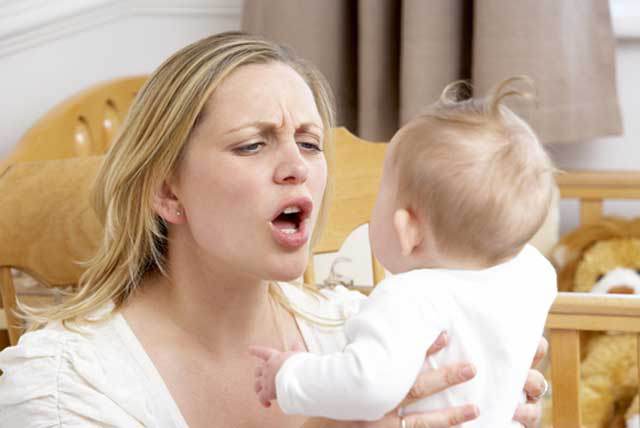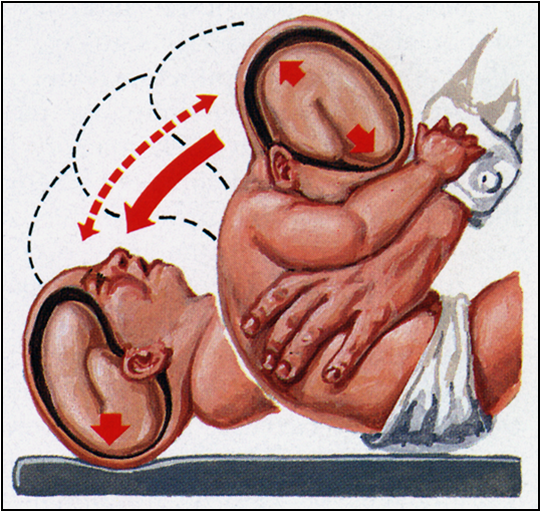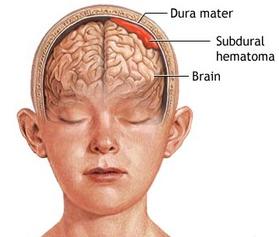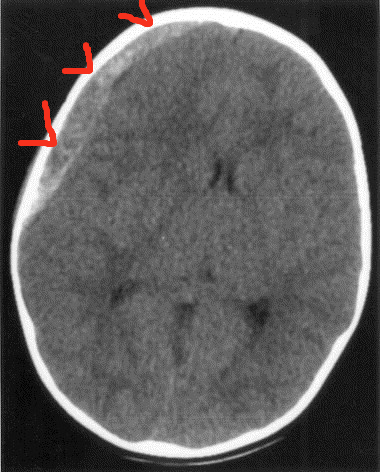The discussion regarding the line between parental discipline and child abuse has proven to be a passionate one. Without wading into opinions, let me elaborate and give a concrete example of why the conversation is not limited to your right to discipline. Straight, No Chaser has addressed Post-Traumatic Stress Disorder (PTSD) at length. We have no difficulty appreciating the damage that can occur to veterans, victims of sexual assault and others. Why is it not similarly easy to appreciate that there are emotional and physical consequences to children? After all, PTSD is most often described in adults having fully formed brains. You would be correct to assume that results would be even more pronounced in children, whose brains are still developing.

The problem is you actually don’t know the harm you’re inflicting. As the saying goes, you can have your opinions about what you’re doing, but you can’t have your facts; that’s especially true about medical facts. As an example, there’s a relatively common condition called Shaken Baby Syndrome/Abusive Head Trauma (aka Shaken Impact Syndrome or Inflicted Traumatic Brain Injury) that is typically the result of parents getting frustrated at crying babies or angry and disciplining young children. Abusive head trauma (AHT) occurs in kids up to 5 years old, but it occurs most often among babies during the age at which they cry the most, which is 6-8 weeks old. The average age is between 3-8 months.
Here are some of the types of activities that can cause abusive head trauma:
- Dropping a child
- Jerking a child
- Shaking a child
- Slapping or otherwise delivering blows to the head
- Striking the head against a surface
- Tossing a child
- Violently grabbing a child
The relevance of AHT to current events is you would be likely to underestimate the force needed to create defined and permanent injury to a child’s developing brain. Now before you think “When I spank my child, I never hit them in the head,” compare that to the following fact:
Head trauma is the single leading cause of death in child abuse cases in the U.S.
The activities mentioned above cause life-threatening injury to the child’s brain, usually to the blood vessels, nerves and even the brain tissue itself, even without direct blows to the head. Furthermore…
About 1 out of every 4 cases of AHT results in the child’s death.
Respectfully, the anatomy of the child’s head is similar to a lawn dart. The disproportionate size of the head relative to the rest of the body lends to its involvement even when it’s not the primary target of spanking. Whenever a child gets injured, there is some risk that the head can be involved, including bleeding within the brain, as displayed in the above two pictures. AHT often causes irreversible damage.
Even when death doesn’t occur, other long-term effects may take hold, including the following:
- cerebral palsy
- developmental delays
- hearing loss
- impaired intellect
- partial or total blindness
- problems with memory and attention
- seizures
- severe mental retardation
- speech and learning difficulties
A separate Straight, No Chaser will discuss AHT in greater detail, including prevention and treatment considerations. In the meantime, realize that unseen consequences do in fact occur to children in the course of spanking. Whatever your views on parenting or child discipline, please never allow a child to be struck by anyone in anger. Despite your intentions, the consequences are real.
Feel free to ask your SMA expert consultant any questions you may have on this topic.
Order your copy of Dr. Sterling’s new book Behind The Curtain: A Peek at Life from within the ER at jeffreysterlingbooks.com, iTunes, Amazon, Barnes and Nobles and wherever books are sold.
Thanks for liking and following Straight, No Chaser! This public service provides a sample of what http://www.SterlingMedicalAdvice.com (SMA) and 844-SMA-TALK offers. Please share our page with your friends on WordPress, like us on Facebook @ SterlingMedicalAdvice.com and follow us on Twitter at @asksterlingmd.
Copyright © 2016 · Sterling Initiatives, LLC · Powered by WordPress





